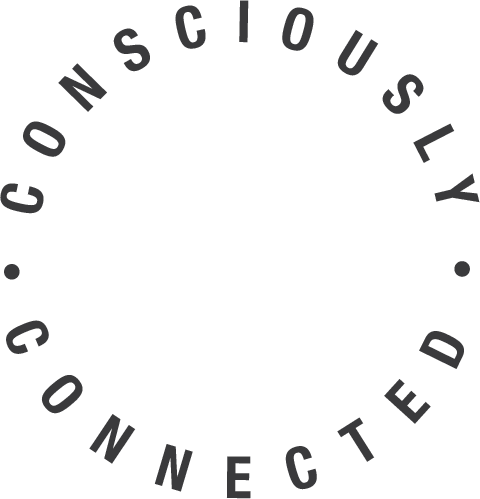Should I be Intermittent Fasting?
Dieting can come in all sorts of forms, both good and bad. We hear of all these celebrity diet fads, a magic pill that will make you lose weight at an unhealthy rate or restricting your diet to merely peas and carrots. Some diets have health benefits depending on body type, such as the keto diet or paleo diet, but even then everyone will react in their own way. Then there are extreme diets, some of which dance along the disorder line and should definitely be avoided. In the end, it comes down to the person, through trial and error we can find a diet that works well for us individually. Something that we do naturally is fasting, this is evident because generally, people take breaks from eating. Intermittent fasting is a way of adjusting your eating schedule, by constricting and controlling the times in the day in which you eat.
Intermittent fasting is a dieting technique that promotes weight loss and increases energy by allowing the body to burn excess body fat. Fasting is an ancient practice that humans have used throughout time and evolved to utilise without any detrimental health risks. Life is all about balance, the good and bad, yin and yang, and the same goes for eating. Fasting is the opposite of eating, and therefore with one we also need the other. Intermittent fasting can be used to lose weight, but the greatest benefit is the structure it will add to your routine. Some diets can be time consuming and expensive but intermittent fasting comes with zero cost and, with conditioning, can become a way of life.
Possible benefits
Purposeful eating. Many of us eat based on the situation, rather than our hunger level. We are made to believe that breakfast, lunch and dinner are the ideal times to eat throughout the day, but in actuality, it varies person to person. When we go to the movies, we usually eat popcorn and candy, it doesn’t mean we are hungry, but it feels normal in that scenario. On long roadtrips we eat snacks to pass the time, does that mean we are hungry for the duration of the ride? Absolutely not. Intermittent fasting will allow you to cut out these situational meals and work towards regulating your eating; limiting your food consumption to when you need it.
Better sleep. Putting a time restriction on your eating may reduce the chance of late night snacking, which you’ll realise will allow you to go to sleep earlier. If you’re avoiding munching in the evening, an early bedtime could be just the thing to keep you on track with your diet.
Smart food choices. Being conscious of what and when we are eating will leave less room for irrational food choices. If you allow yourself to reach the point of hunger, turning down snacks becomes a nearly impossible task. When our brain wants food it is quick to settle for anything that could potentially suffice. By creating a schedule and making conscious food choices, we can feel fuller for longer and adjust our schedule to work around our appetite.
Intermittent fasting has great health benefits, but also comes with some cons. If you are one to get “hangry” then this lifestyle choice may not be the one for you. Restricting your eating can lead to mood swings and irritability. Although there are no serious risks, you may also feel fatigued due to a drop in blood sugar, so that is something to watch out for.
Some popular forms of intermittent fasting
Modified fasting. This method consists of fasting two days a week and continuing with a normal diet the other five days. During the two fasting days, one would eat 25% of their regular calorie intake.
Alternative fasting. This is a much less regimented version of fasting where one switches from a 0 calorie diet to a high fat diet, such as ketogenic, alternating each day throughout the week.
Time restricted fasting. For this you’ll be fasting for about 12 to 16 hours per day, leaving yourself about 8 hours to eat. Generally people following this method will stop eating at night, skip breakfast and have their first meal in the early afternoon. Amongst people I know, this seems to be a popular way to fast. Over time, your body will get used to this eating schedule, and depending on your body, could leave you with some amazing benefits.
Whichever form of fasting you opt for, approach it less as a diet and more as a lifestyle. Consider the spiritual benefits of fasting as a way to create focus and clarity, reconnect with oneself, begin learning to listen to the body and cultivate a space of calm and grounding.
At Consciously Connected Travel we strive to travel with purpose. We find meaning in all the connections we make around the world and value the knowledge that we can take away from each of the relationships we form. Our women only retreats promote ethical travel and conscious tourism by providing a space for our guests to learn and immerse into a new culture.

